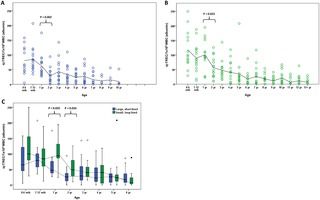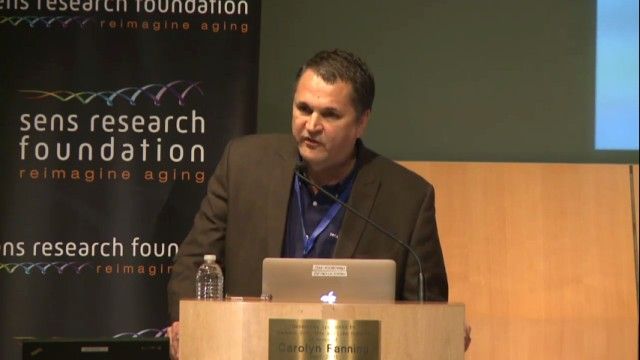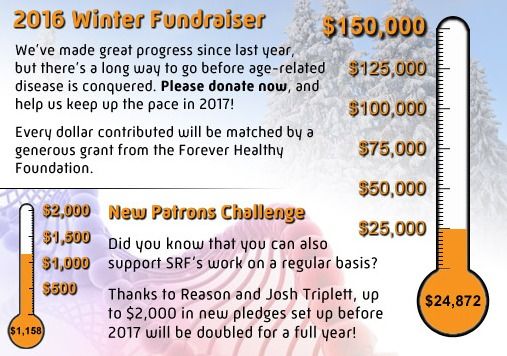Nov 14, 2016
An Age-Associated Decline in Thymic Output Differs in Dog Breeds According to Their Longevity
Posted by Steve Hill in categories: biotech/medical, life extension
Immune system decline one of the hallmarks of aging and something that we should be concerned about addressing.
The age associated decline in immune function is preceded in mammals by a reduction in thymic output. Furthermore, there is increasing evidence of a link between immune competence and lifespan. One approach to determining thymic output is to quantify signal joint T cell receptor excision circles (sj-TRECs), a method which has been developed and used in several mammalian species. Life expectancy and the rate of aging vary in dogs depending upon their breed. In this study, we quantified sj-TRECs in blood samples from dogs of selected breeds to determine whether there was a relationship between longevity and thymic output. In Labrador retrievers, a breed with a median expected lifespan of 11 years, there was an age-associated decline in sj-TREC values, with the greatest decline occurring before 5 years of age, but with sj-TREC still detectable in some geriatric animals, over 13 years of age. In large short-lived breeds (Burnese mountain dogs, Great Danes and Dogue de Bordeaux), the decline in sj-TREC values began earlier in life, compared with small long-lived breeds (Jack Russell terriers and Yorkshire terriers), and the presence of animals with undetectable sj-TRECs occurred at a younger age in the short-lived breeds. The study findings suggest that age-associated changes in canine sj-TRECs are related to breed differences in longevity, and this research highlights the use of dogs as a potential model of immunosenescence.
Citation: Holder A, Mella S, Palmer DB, Aspinall R, Catchpole B (2016) An Age-Associated Decline in Thymic Output Differs in Dog Breeds According to Their Longevity. PLoS ONE 11(11): e0165968. doi:10.1371/journal.pone.0165968
















